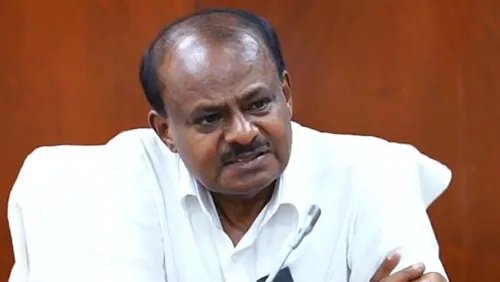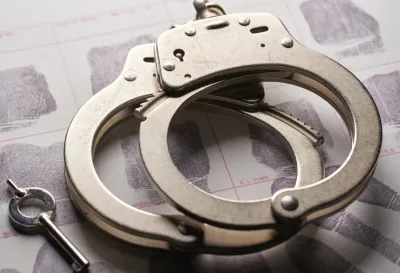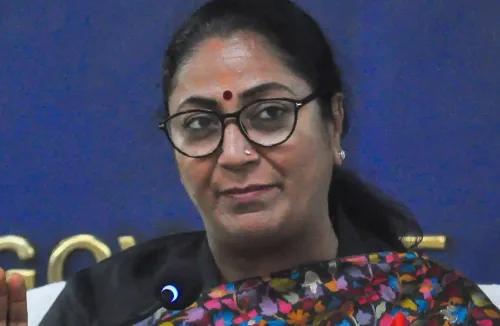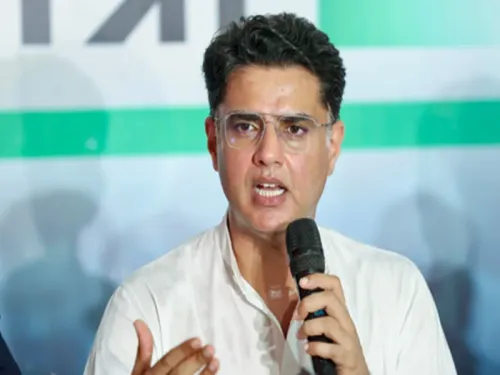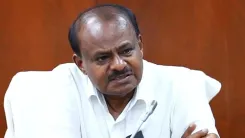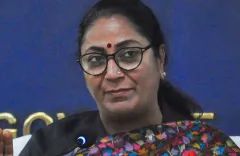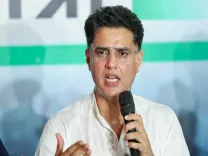What Are the Key Outcomes of the India-Bhutan Border Talks?
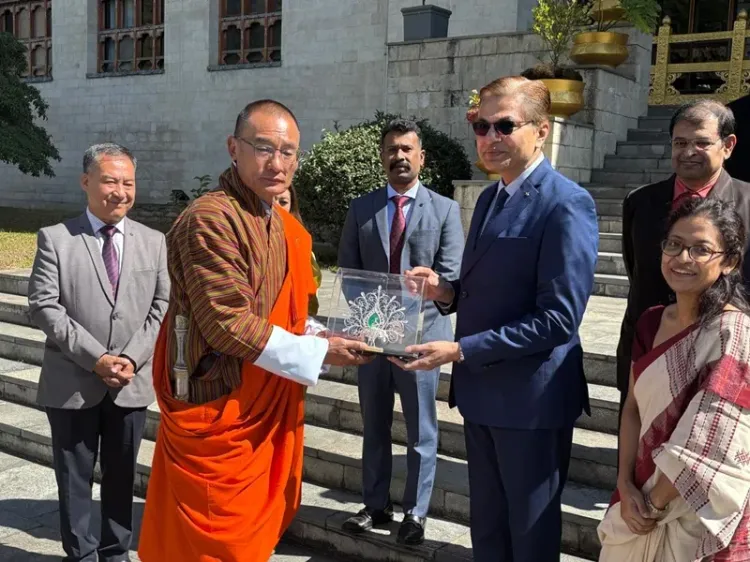
Synopsis
Key Takeaways
- Integrated Check Posts are a priority for enhancing border management.
- Capacity building for Bhutan's police is crucial for security.
- Both nations are committed to a safe, secure, and prosperous border.
- Discussions included mobile signal management and cross-border movement.
- High-level delegations reflect the importance of bilateral cooperation.
New Delhi, Oct 23 (NationPress) A comprehensive plan for integrated check posts and strengthening the capabilities of security personnel was on the agenda during a review meeting between India and Bhutan regarding bilateral security cooperation and border management, an official disclosed on Thursday.
Both delegations expressed satisfaction with the friendly and constructive discussions, reaffirming their commitment to collaborate in ensuring a safe, secure, and prosperous border region, as stated by the official.
The talks also addressed capacity enhancement for Bhutan's police forces, alongside a review of various bilateral security issues, including mobile signal spillover, the future roadmap for Integrated Check Posts, the upkeep of boundary pillars, and the facilitation of cross-border movement.
The 14th India-Bhutan Meeting on Border Management and Security took place in Thimphu, Bhutan, from October 16–17.
The Indian delegation was spearheaded by Rajendra Kumar, Secretary of the Department of Border Management, Ministry of Home Affairs, while the Bhutanese side was led by Sonam Wangyel, Secretary of the Ministry of Home Affairs.
This Indian delegation included officials from the Sashastra Seema Bal, Land Ports Authority of India, Department of Telecommunications, Narcotics Control Bureau, Survey of India, Customs, and representatives from Assam, West Bengal, Sikkim, and Arunachal Pradesh.
Earlier, on the occasion of Diwali, Bhutan's Prime Minister Tshering Tobgay extended greetings and wished for harmony and new beginnings.
In a post on X, the Bhutanese PM expressed: “Wishing everyone a bright and joyful Diwali filled with love, laughter, and togetherness. May the light of this festival guide us towards hope, harmony, and new beginnings.”
In July, a delegation from the Indian foreign ministry engaged in extensive discussions in Thimphu covering all aspects of bilateral cooperation—such as development partnerships, energy, trade and investment, connectivity and trade infrastructure, technology, and people-to-people ties, along with other significant regional issues.
During this official visit, the Indian Foreign Secretary met with Bhutan's King Jigme Khesar Namgyel Wangchuck and also consulted with Prime Minister Dasho Tshering Tobgay and Minister of Foreign Affairs D N Dhungyel.
The Foreign Secretary, along with his Bhutanese counterpart Pema Choden, co-chaired the 3rd India-Bhutan Development Cooperation Talks for Bhutan's 13th Five-Year Plan (FYP).
During his visit to Bhutan in March, Prime Minister Narendra Modi announced the Indian government's development support of Nu. 100 billion (INR 10,000 crore) for Bhutan's 13th Five-Year Plan.

